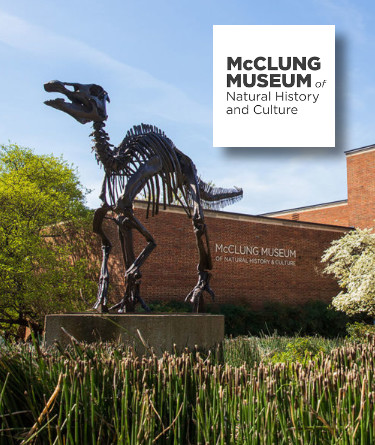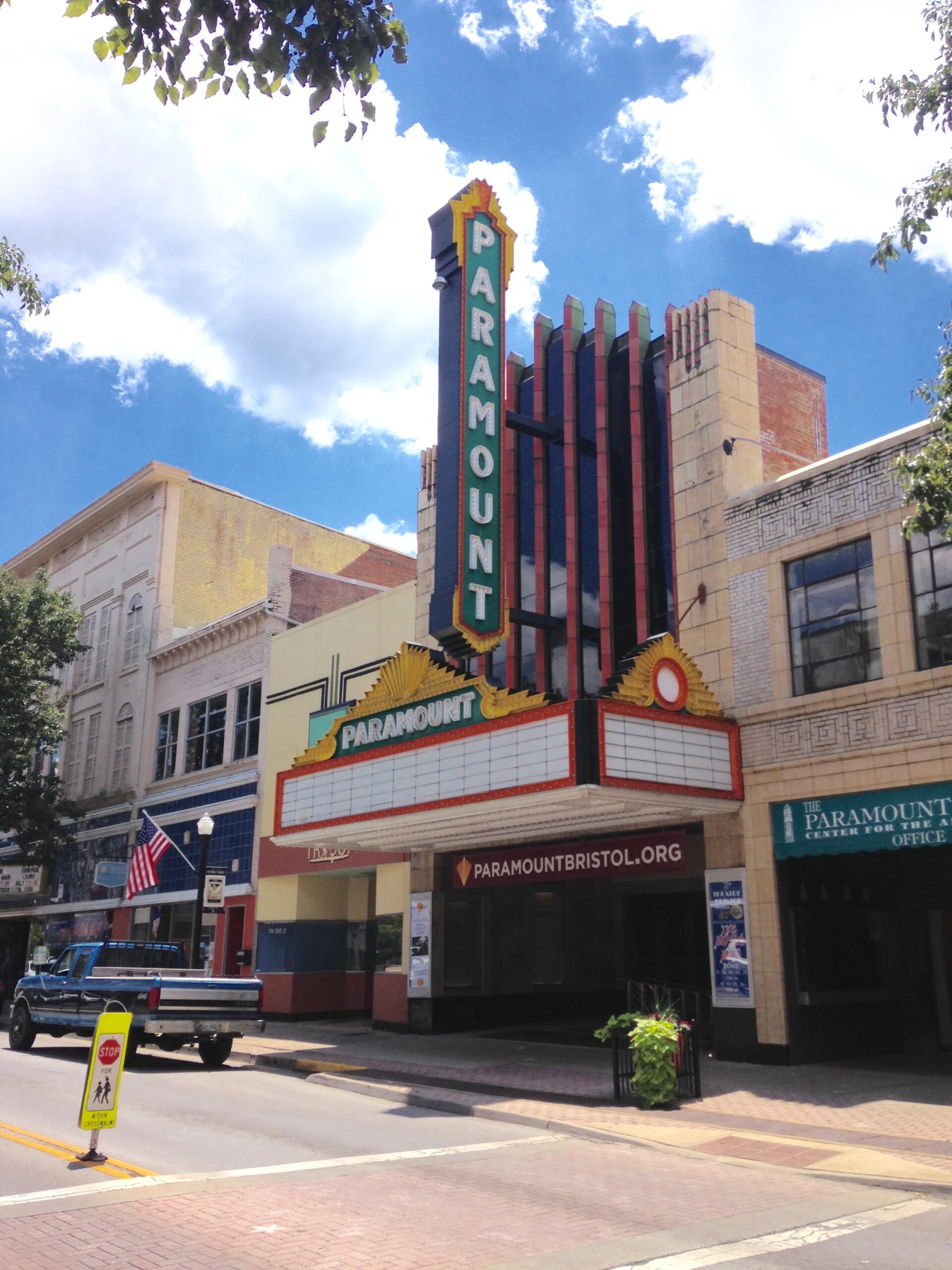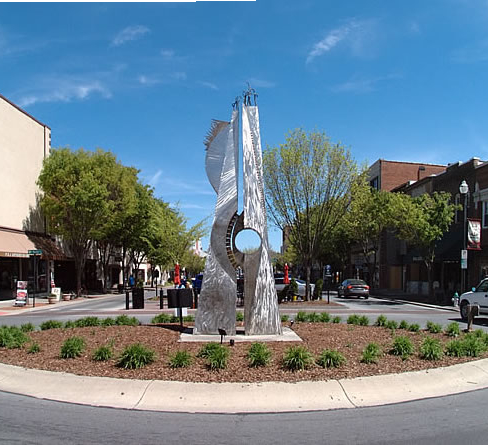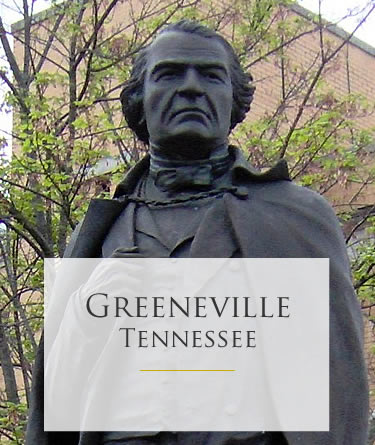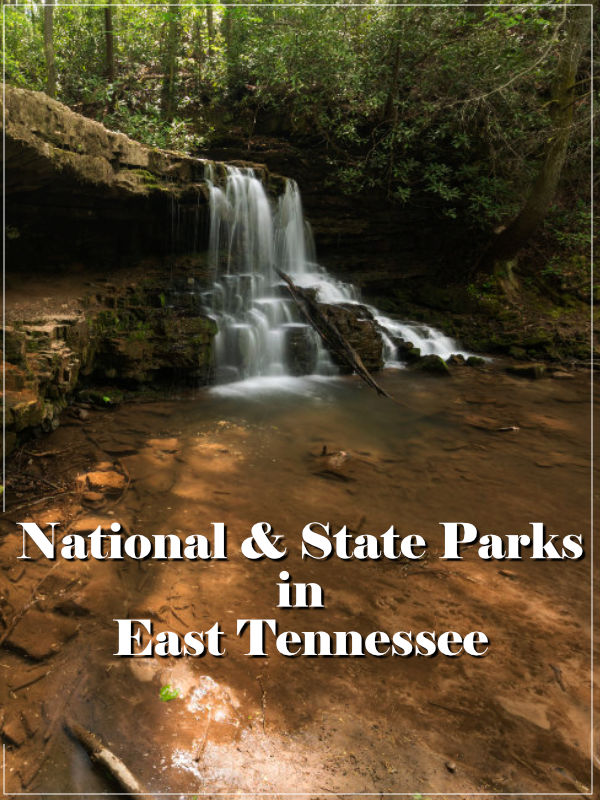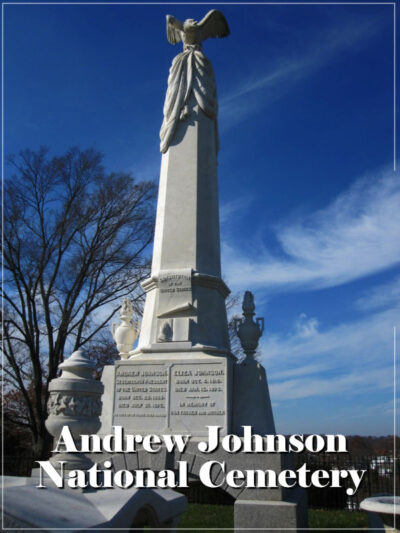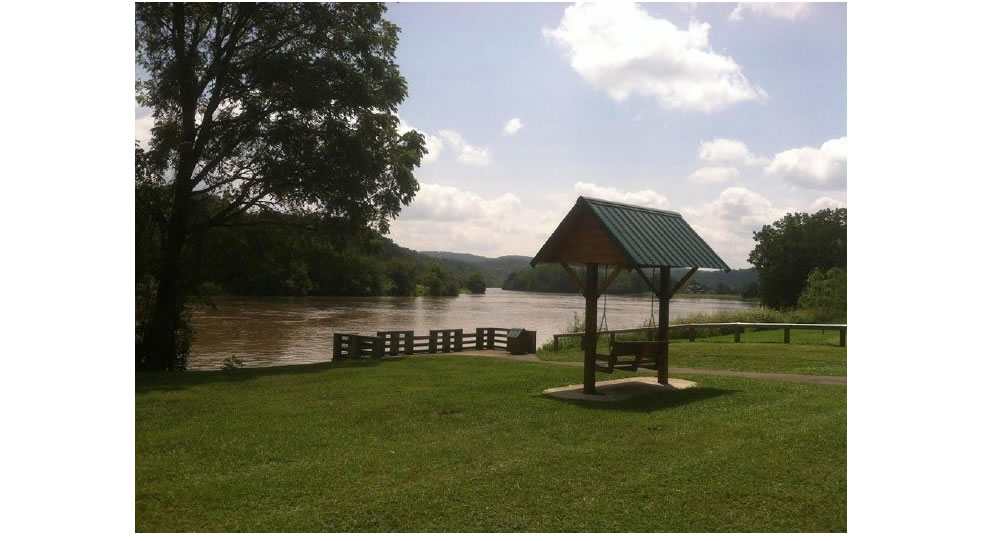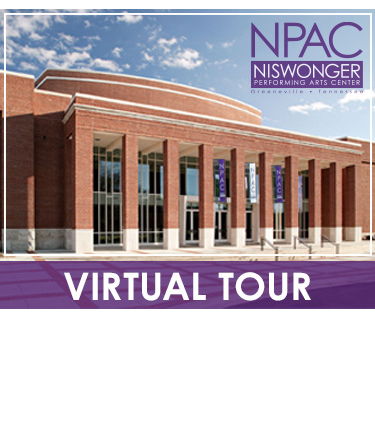James White, the founder of Knoxville, established his home here in 1786 as a fort and cluster of cabins. By 1791, the community was renamed Knoxville and enjoyed status as capital of the Southwest Territory. By 1794, the town was home to Blount College, known today as the University of Tennessee.
QUICK NAVIGATION
Knoxville Businesses
Introduction to Knoxville
A Tale of Two Rivers: The History of Knoxville, Tennessee
Knoxville, nestled on the banks of the Tennessee River and at the foothills of the Great Smoky Mountains, boasts a rich tapestry woven from ancient Native American settlements, frontier outposts, Civil War drama, and industrial transformations. Its story is one of resilience, reinvention, and a constant interplay between the forces of nature and human determination.
Early Beginnings:
Long before European settlers arrived, the Cherokee people thrived in the fertile valleys and hunted in the lush forests of the region. Evidence of their presence persists in ancient mounds and artifacts scattered throughout the city. In 1786, James White, a Revolutionary War veteran, established a fort strategically located at the confluence of the Holston and Tennessee rivers. This, the very heart of Cherokee territory, eventually grew into the city of Knoxville, named after George Washington’s Secretary of War, Henry Knox.
From Territory to Statehood:
Knoxville’s strategic location propelled it to prominence. Named the capital of the Southwest Territory in 1790, it witnessed the birth of Tennessee as a state six years later. Blount College, established in 1794, laid the foundation for the University of Tennessee, a future cornerstone of the city’s cultural and intellectual life.
The Crossroads of Conflict:
The rise of sectional tensions in the mid-19th century plunged Knoxville into a complex struggle. While geographically in the South, the city housed a strong pro-Union sentiment. During the Civil War, it endured a harrowing siege by Confederate forces, famously repulsed at the Battle of Fort Sanders in 1863. Knoxville’s scars from the war, both physical and emotional, are a poignant reminder of the conflict’s profound impact.
From Ashes to Industry:
Following the war, Knoxville embarked on a path of industrial rebirth. The arrival of the railroad in the 1850s spurred economic growth, with lumber, coal, and marble fueling factories and mills. The Tennessee Valley Authority’s (TVA) arrival in the 1930s brought hydroelectric power and further bolstered the city’s industrial base.
A Modern Metropolis Blossoms:
While industry shaped Knoxville’s economy, it also embraced its artistic and cultural spirit. The Sunsphere, a dazzling symbol of the 1982 World’s Fair, stands as a testament to the city’s commitment to innovation and progress. Today, Knoxville thrives as a center for healthcare, education, technology, and the arts. The University of Tennessee remains a vital force, while vibrant downtown districts and scenic riverfront trails attract visitors and residents alike.
Looking Ahead:
As Knoxville celebrates its bicentennial in 2025, it faces new challenges and opportunities. Balancing its industrial legacy with environmental concerns, fostering inclusive economic growth, and preserving its rich history are just some of the tasks at hand. Yet, with its dynamic spirit and unwavering resilience, Knoxville seems poised to write a vibrant new chapter in its ongoing story.

Weather & Best Time to Visit
Due to its overall mild climate in summer and winter, There really is never a bad time to visit Knoxville; However, many people enjoy the beautiful spring burst of color across it’s landscape in April. Also, throughout the summer months from May – August, Knoxville hosts a number of events and festivals. The fall comes alive as over a 100,000 football fans flock to the University of Tennessee to see the Tennessee Vols play at Neyland Stadium.
Weather Forecast Every Month

Subscribe to Stay Up-To-Date
Know about the latest events happening in East Tennessee
We do not spam. You can unsubscribe anytime












